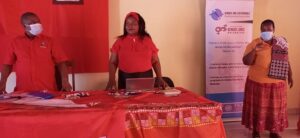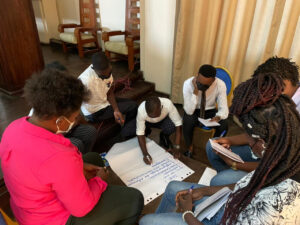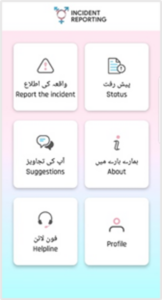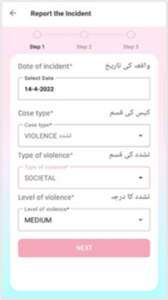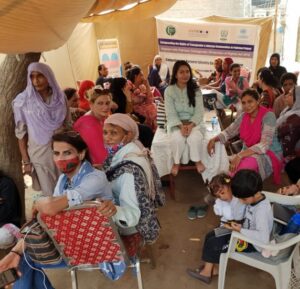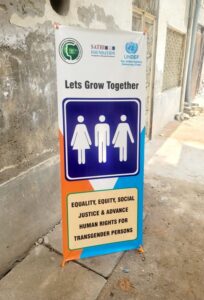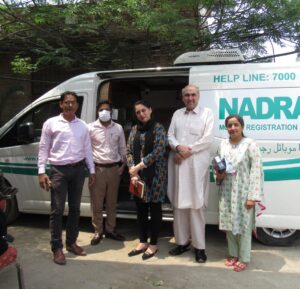LESSON
Lesson Learned: Raising the Social and Political Profile of Youth in Mozambique
The project has highlighted the receptiveness of municipal governance structures to the voices of young people. It is, therefore, opportune to invest in initiatives that actively incorporate youth perspectives into the development of public policies concerning youth affairs.
Project Partner
Associação Gender Links Moçambique
Project Description
The project supports young people's participation in local and national issues by developing youth councils and youth councilor training workshops. Young people will have their voices heard on key social and political platforms, and will be better represented at the center of local and national policies and decision-making, within and outside selected councils. Project activities incorporate actions in response to the Covid-19 crisis as it impacts youth.
Evaluation Date
April 2024
Theme
Country
